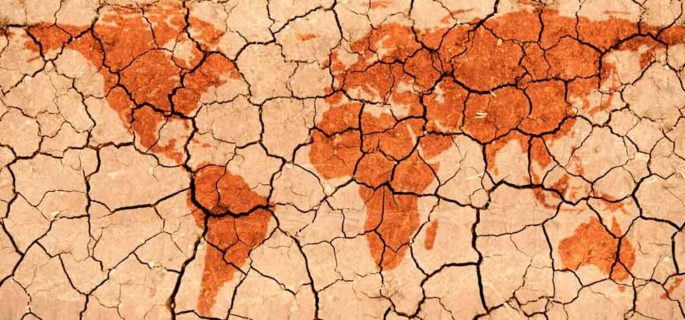
Globalization, as Anthony Giddens has defined, is the intensification of the worldwide social relations which link distant localities in such a way that local happenings are shaped by events occurring many miles away and vice—versa. Often perceived to be a present age phenomenon, globalization has been happening for centuries. It is intricately linked with trade dealings, whether in 1st century owing to the silk-road mechanism or in 16th century with the emergence of capitalism. It has encouraged free trade agreements between nations, development of multinational corporations, and a network for free flow of goods across the globe. This trans-national flow of goods, capital and technology in turn has influenced the migration trend as well.
There is a clear relation between population movement and globalization which exacerbates socioeconomic and political associations, albeit at times enhancing inequalities between nations. With technological advancements in picture, globalization in present times has further paced the migration process. Inexpensive travel and ease of communications have unshackled migration from the social, economic and political strains.
And yet this dynamic is increasingly affected by environment, mostly in form of climate change.
The impact of climate most acutely felt in the vulnerable regions where the society is subjected to poverty, inequality, food insecurity, disease epidemics, lack of access to resources and pre-existing conflicts amongst others. Given the sound backup, developed and wealthy nations will be able to cope better with the on-going climate change. However, in developing and least developed nations, even a slight change in temperatures will trigger food shortage, water scarcity, worse disease epidemics, resource competition accompanied by destructive weather patterns— and not forget human migration as well. Climate change inherently is self-perpetuating, and once in process it will ensue a combination of population increase due to enhanced migration in one area and permanent loss of land in other such as Bangladesh, Madagascar or Vietnam. More of a displacement then, the people or more like environmental migrants is something that we can expect to trend in future.
Environment then along with migration is a fundamental influence on the changing urban landscape— both of which in turn form an important part of the globalization process. As such, migration is not a new thing, as earlier too people left their homes in want of better economic, social and political opportunities. However, economic globalization has put a new spin on global migration, with environmental challenges behemoth for the civilization to counter. Today it is leading to human displacement and global up-rootedness at an unprecedented scale hitherto.
